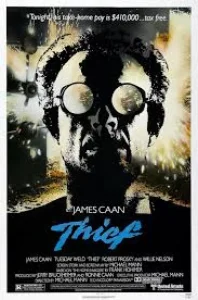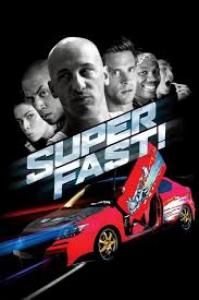
Michael Mann's 1981 directorial debut, Thief, is a stylish and atmospheric neo-noir that immediately established the director's signature preoccupation with professional codes of conduct, urban alienation, and meticulous craft. James Caan delivers a career-defining performance as Frank, a highly skilled professional safecracker who desires to go straight after one last major score. The film brilliantly visualizes this internal conflict, contrasting the slick, isolated world of high-stakes criminality with Frank's yearning for a normal life, exemplified by his burgeoning relationship with a waitress played by Tuesday Weld. Mann uses breathtaking cinematography, dominated by deep shadows and the neon glow of Los Angeles nightclubs, creating a palpable sense of cool detachment that perfectly mirrors the protagonist's emotional isolation.
What truly sets Thief apart is its near-documentary dedication to the technical aspects of the crime. Mann famously utilized actual safecracking gear and worked closely with real-life professionals, lending an unparalleled authenticity to the sequences involving thermal lances and safe drills. This technical precision is underpinned by an iconic, synth-heavy score by Tangerine Dream, which acts as a constant, throbbing pulse for the narrative, cementing the film's status as a touchstone of the 80s action/crime genre. Though not a massive box office success upon release, Thief has since earned significant cult status for its brooding tone, Caan's understated intensity, and its influential visual language that would pave the way for Mann's later masterpieces like Heat.





